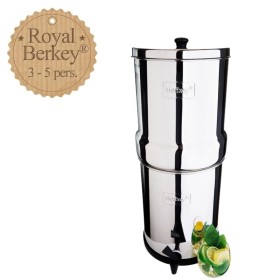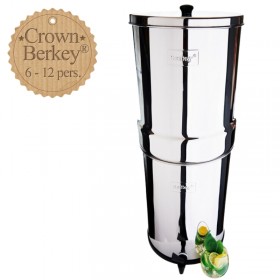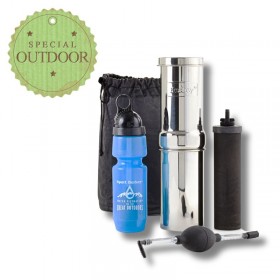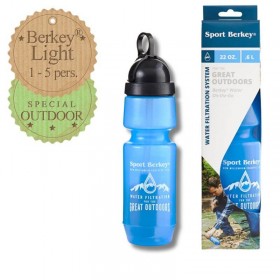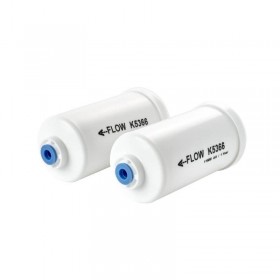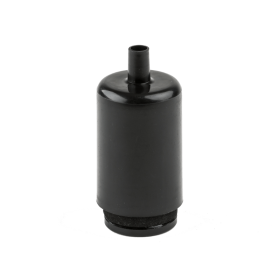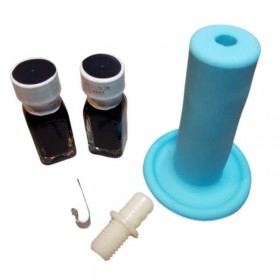Chlorothalonil pollution of drinking water
The Anses, the French National Agency for Food, Environmental and Occupational Health Safety, has just published a study, dated 6 April 2023, concerning the presence of pollutants, deleterious to humans, in drinking water. The aim of the study was to highlight the presence of chemical pollutants that are overlooked by the regular analyses carried out as part of the potability control process. The study focused on 157 pesticides and the residues resulting from their degradation (metabolites).
Not surprisingly, and unfortunately, of these 157 pesticides, 89 were detected in raw water (rivers, lakes, groundwater, etc.) and 77 in treated water intended for human consumption! These poisons, resulting from use in conventional agriculture, are increasingly numerous and are gradually spreading throughout the environment and our bodies.
The Anses study sheds particular light on chlorothalonil, a fungicide banned since 2019, found in more than half of samples and exceeding the quality limit in more than a third of analyses! This pollutant joins the long list of pollutants invading our bodies and the entire environment, and doing so quite legally. The authorities, when authorising the marketing of these products, know full well what future pollution can be expected as a result of the spreading and degradation of these poisons.
Today, 20 million French people drink non-compliant water, as has been published in an investigation by the newspaper Le Monde and another in the magazine Complément d'enquête.
While you're waiting for the authorities to take responsibility and ban these molecules (we can dream), put your trust in Berkey® filters, which remove more than 200 harmful substances, including 99.99% chlorothalonil.
Share this content



